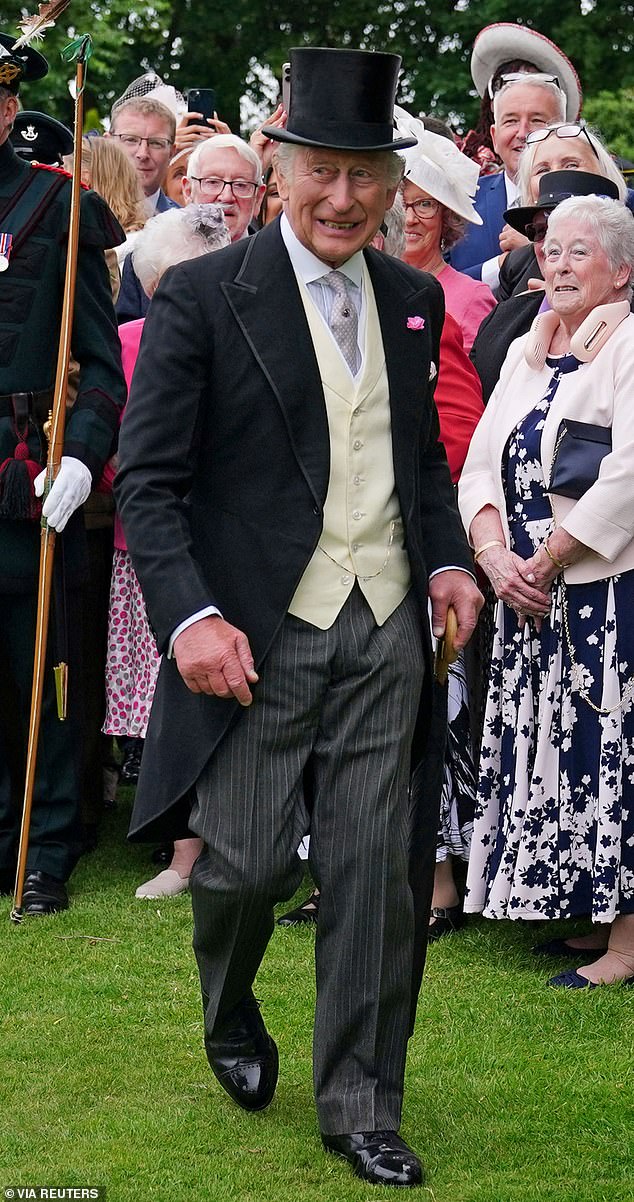No Future for Back to the Future: Gale and Spielberg Stand Firm Against Sequels

In a definitive statement that will disappoint fans hoping for more adventures with Marty McFly and Doc Brown, Back to the Future screenwriter Bob Gale has reiterated that the beloved trilogy will not be expanded with sequels, prequels, or spinoffs. Speaking at Universal Fan Fest Nights, Gale expressed confusion over the persistent speculation about a fourth film, emphasizing that the story is complete as it is. 'It's just fine the way it is. It's not perfect, but as Bob Zemeckis used to say, 'It's perfect enough,'' Gale remarked, echoing sentiments he has shared in numerous interviews.
The Back to the Future series, which began in 1985, has become a cultural phenomenon, celebrated for its innovative take on time travel, memorable characters, and heartfelt storytelling. Despite the current trend of reviving classic franchises, Gale and director Robert Zemeckis have remained steadfast in their decision to leave the trilogy untouched. This stance is supported by executive producer Steven Spielberg, who, according to Gale, respects their vision and has no intention of greenlighting additional projects.
Gale's comments come amid ongoing discussions in Hollywood about the potential for reviving iconic franchises, as seen with the success of Cobra Kai, a continuation of the Karate Kid series. However, Gale made it clear that Back to the Future is not up for reconsideration, joking about the extreme measures it would take to change his and Zemeckis's minds. The screenwriter's firm stance underscores a rare commitment to artistic integrity in an industry often driven by commercial interests.
For fans of the Back to the Future trilogy, Gale's words may serve as both a disappointment and a reassurance. While the door to new stories remains firmly closed, the original films continue to stand as a testament to the power of storytelling, untouched by the passage of time or the pressures of franchise expansion. As Gale succinctly put it, the series is 'perfect enough,' a sentiment that resonates with audiences who have cherished the adventures of Marty and Doc for nearly four decades.




